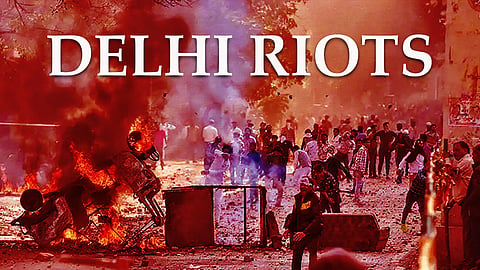
- News
- Columns
- Interviews
- Law Firms
- Apprentice Lawyer
- Legal Jobs
- हिंदी
- ಕನ್ನಡ

The Delhi riots of February 2020 were not anti-Hindu riots as has been portrayed by certain news items and every community was impacted by the riots, a Delhi court recently observed (State vs Umar Khalid).